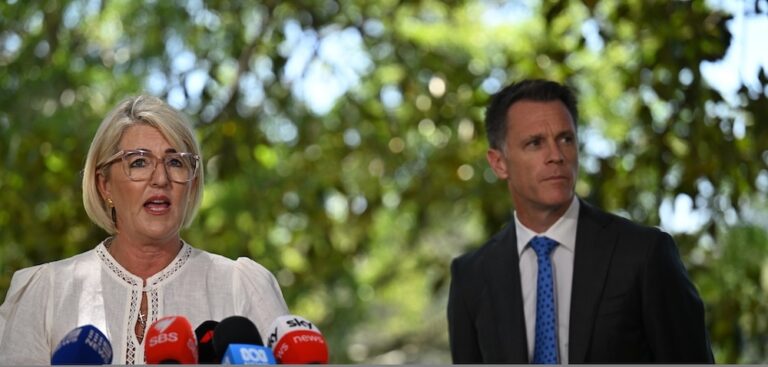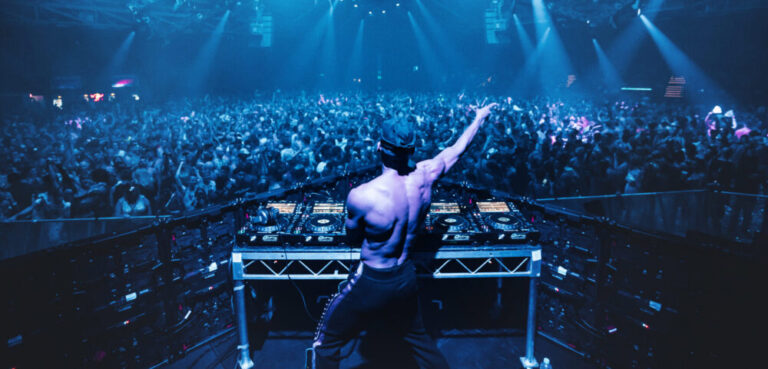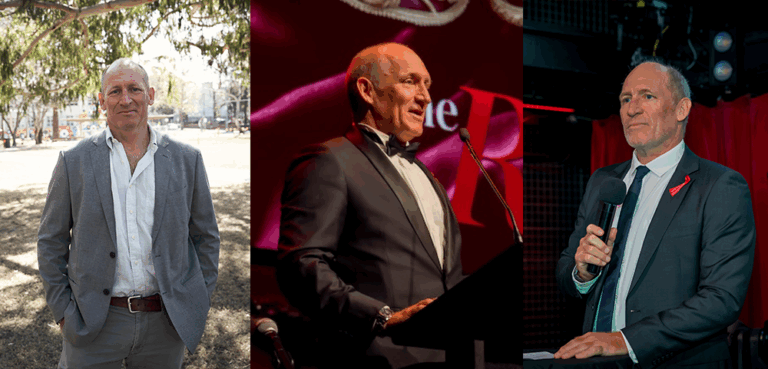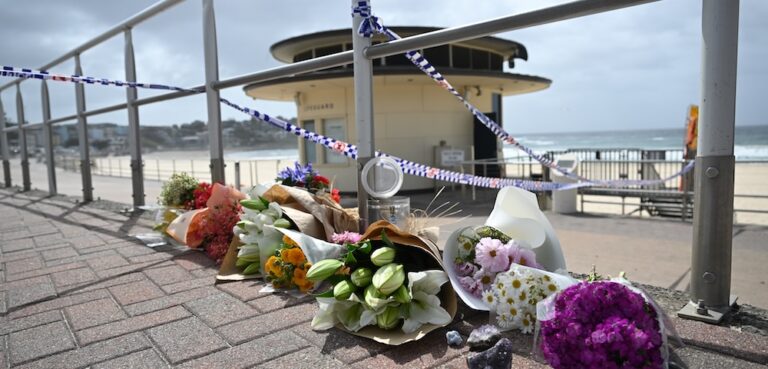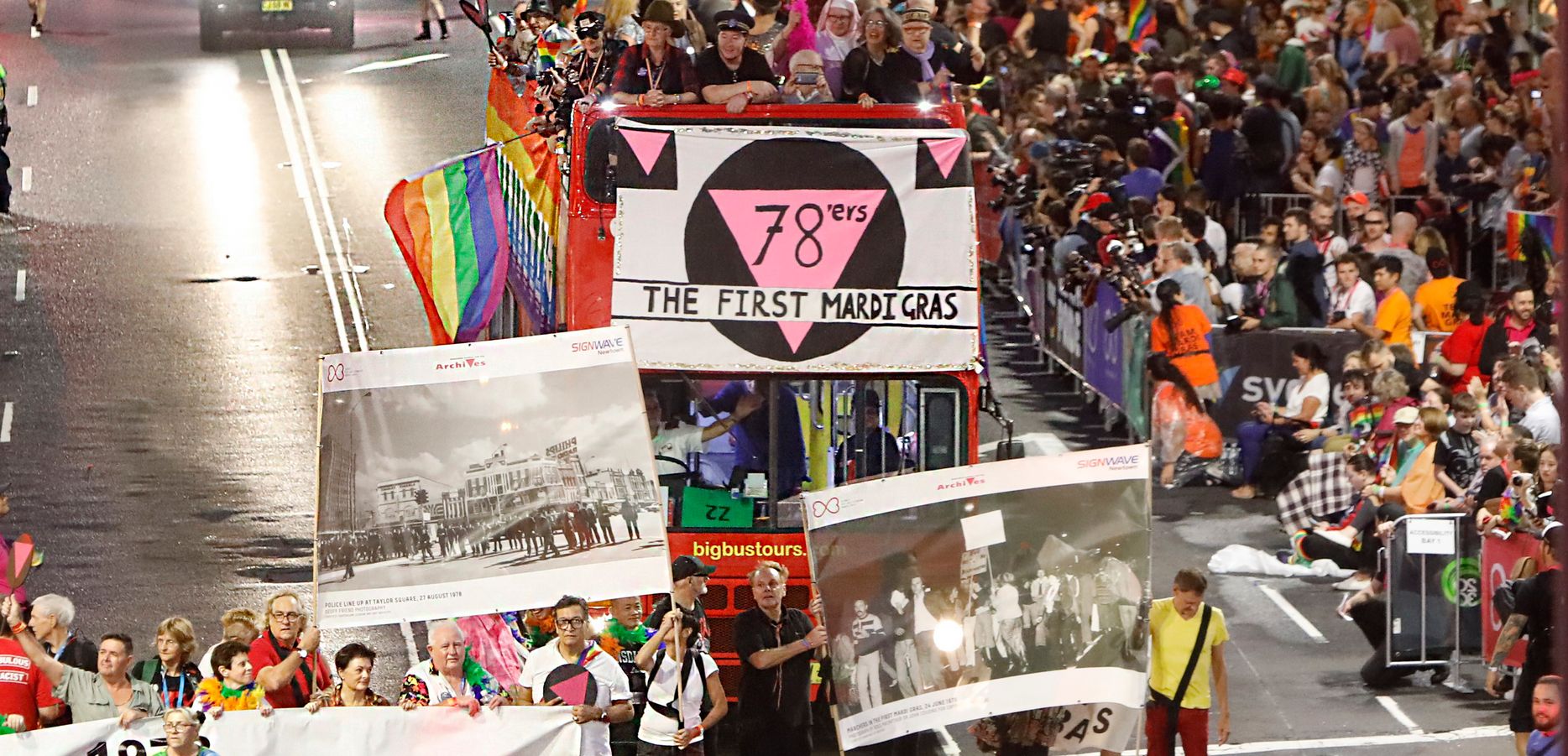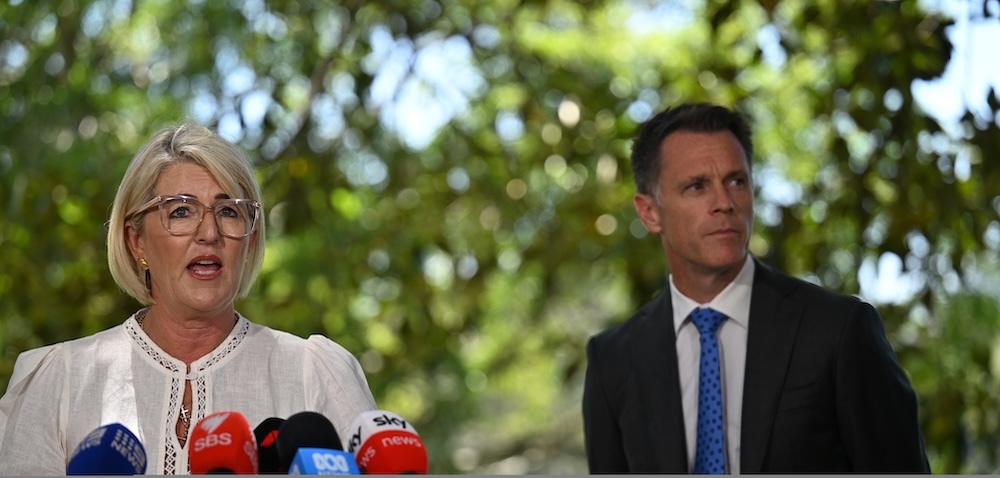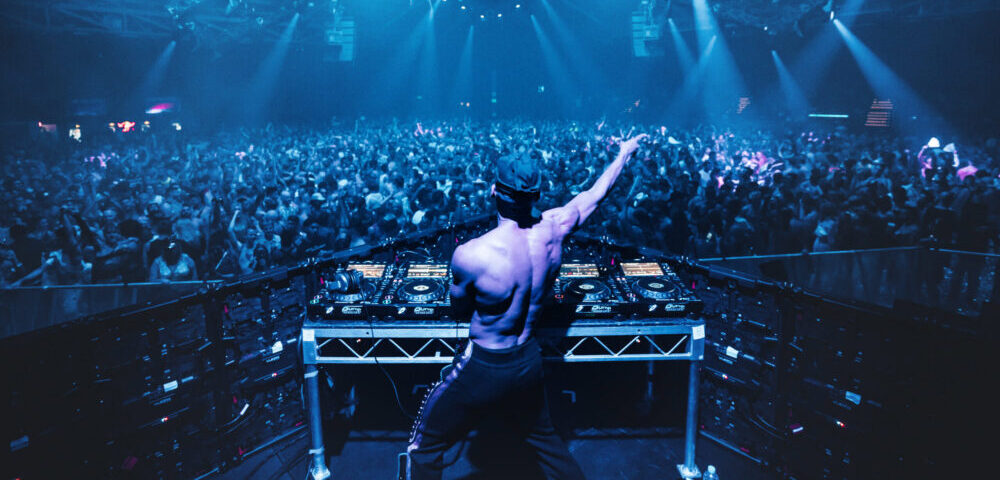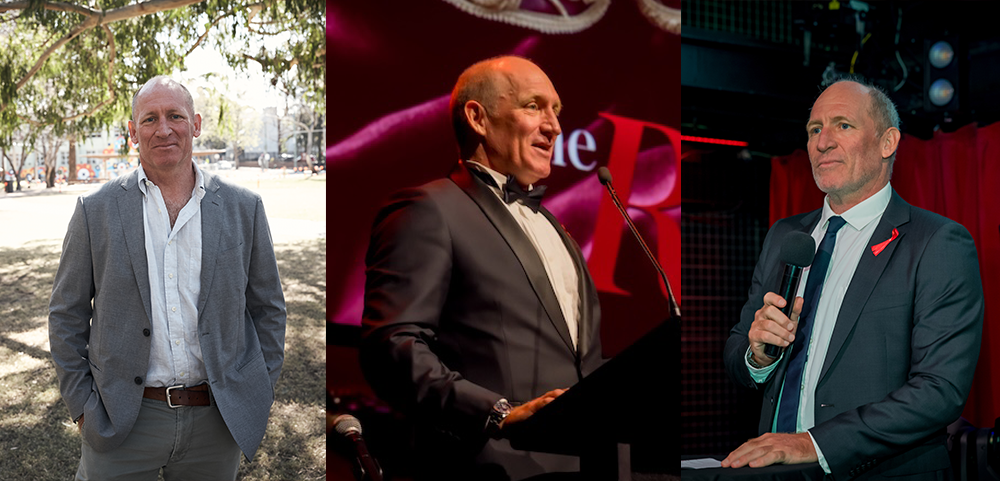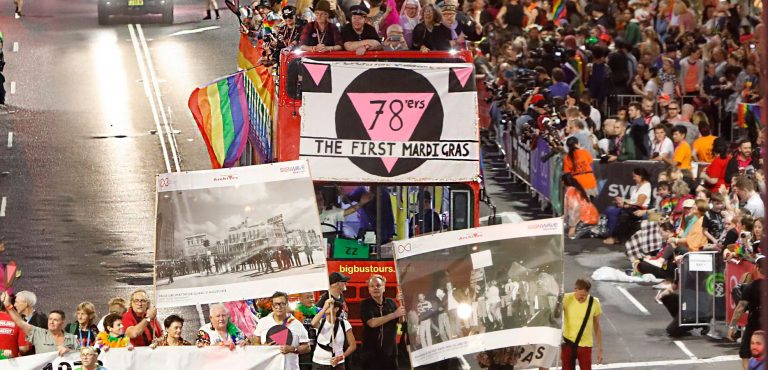
Vladimir Ashkenazy
Legendary pianist and conductor Vladimir Ashkenazy is a musician of great seriousness. He believes in music absolutely. Artists will produce art even when life as an artist becomes difficult, because that’s the way they’re born, it’s their vocation, their meaning of life, he recently told Brisbane’s Courier Mail.
Earlier this year he resigned his position as musical director of the Czech Philharmonic because he felt he had been let down by the orchestra. In five years I gave them all my heart, but I have a very strong feeling that I got very little response, he said at the time.
Ashkenazy grew up in Russia studying at the Moscow Conservatoire. He came to international attention in the late 1950s through his prize-winning performances at a number of international piano competitions. He escaped to the west at the age of 26 after trips back and forth to London on tour.
His experience of growing up during the oppressive Stalinist era and his complex relationship to his homeland is something that he often refers to in interviews. It has obviously influenced him profoundly but this is not to say that his music is without joy. Quite the opposite. Music has become for him a solace, a utopian prism through which to endure the world.
He ends his memoir Beyond Frontiers with a philosophical reflection about truth and music and its ability to help us navigate change.
I shall continue to try to seek out the truth in music -¦ There must be, after all, a connection between truth in music, on the most exalted plane of experience, and truth in everyday things, a true relationship to oneself in one’s normal environment. I don’t anticipate any dramatic changes in my way of life -“ I’ll just see how it works. If things go well, maybe I’ll change even more, who knows?
For Ashkenazy, life experience and musical experience are one.
Anything that happens in one’s life has an effect on one’s activities, in every respect. Whatever important experiences I’ve had have an effect, but certainly being in close contact with so many works of genius as an interpreter opens new vistas in me as a person and it affects whatever I do. It’s not such a direct influence on my piano playing; the experience of conducting has a peripheral influence. There is no direct link. All of our life experiences, if we take them seriously, have a bearing on our artistic activities, he told one interviewer.
But as he explained in a recent interview with the London Guardian he is against any attempts to explain -¦ music to death. For me music isn’t like that, he says. I believe music is connected with our existence. Music is a mystery.
Ashkenazy performs quite selectively as a pianist these days so we are lucky that he has chosen to both play and conduct during his forthcoming Australian tour with the London Philharmonia Orchestra. He will direct Mozart’s Concerto No 9 from the keyboard and conduct Mahler’s 5th, Elgar’s Enigma variations and Shostakovich 10 during two programs at the Sydney Opera House.
The Philharmonia is one of the world’s great orchestras -“ Â its relationship with Ashkenazy is both well established and dynamic. His recordings of the Mozart Concertos with the Philharmonia, which won him a coveted rosette in the Penguin Guide, are now over 20 years old but are still a delight. He brings an articulate and agile crispness to both his playing and direction. This is rhetorical Mozart but never one that becomes lost in the lustre of its surface display.
Vladimir Ashkenazy and the London Philharmonia perform for the World Orchestras program at the Sydney Opera House 16 & 18 September. For bookings phone 9250 7777.

